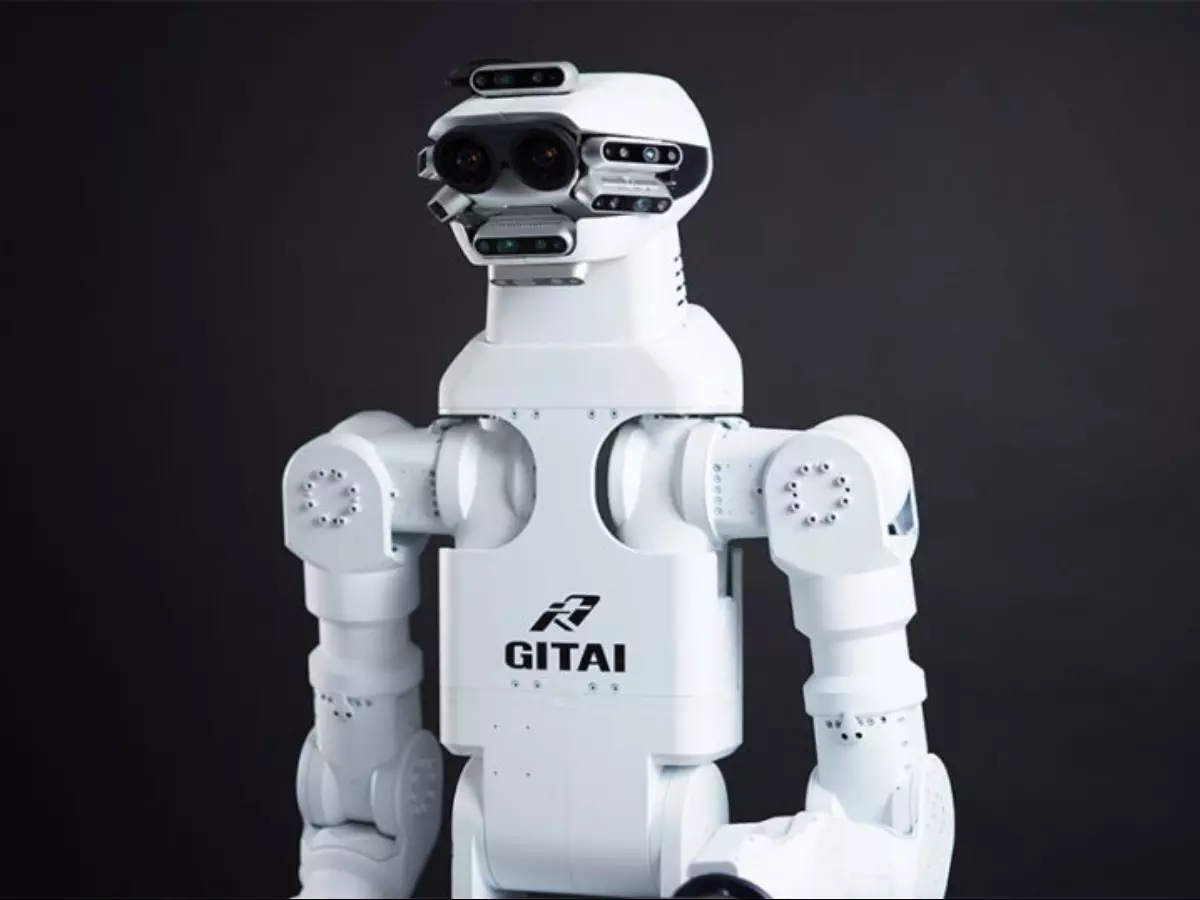Not Humans, This Japanese Startup Is Building 'Robot Employees' To Work In Space
At a time when Elon Musk and Jeff Bezos are busy working on sending humans to space, a Japanese startup is busy working on something less talked about, i.e. the risk and costs of doing so.

At a time when Elon Musk's SpaceX and Jeff Bezos' Blue Origin are busy working on sending humans to space, a Japanese startup is working on something less talked about, i.e. the risk and costs of doing so. That is exactly why it is working towards creating 'robot employees' to work in space.
Japanese Startup Creating 'Robot Employees'
 gitai
gitai
Japan startup Gitai's Chief Executive Officer Sho Nakanose is focused on labour costs. He believes it's too risky and impractical for humans to assemble and inspect machinery in space, while equipment now used is far too expensive. The Japanese startup Gitai, which recently raised a new round of funding of $30 million, is expanding in the US as it seeks to create a robot workforce that will reduce the costs and risks of operating in space.
¡°The bottleneck of the space industry has been changing rapidly,¡± Nakanose said in an interview with Bloomberg. ¡°Huge space companies such as SpaceX and BlueOrigin are solving the space transportation problem, and now the bottleneck has changed from transportation costs to operational costs.¡±
The Japanese startup's CEO envisions space robots that can handle routine work on the moon or Mars at a fraction of the cost of existing options, much like Musk's SpaceX has brought down the expense of sending rockets into space. Gitai's robot arms and rovers would provide safe and affordable labour and reduce operational costs ¡°by 100 times,¡± he said.
Tokyo-based Gitai just closed a ?4 billion ($30 million) funding round to accelerate development of the remotely controlled robots. The company will use the money to staff up in the U.S., where it's expanding to recruit engineers and prepare its robots for work in space, Nakanose said.
Also Read: How Hyderabad-based Startup Skyroot Is Aiming To Become India's SpaceX
Challenges Ahead For The Japanese Startup
 gitai
gitai
Founded in 2016, the seven-year-old startup's robotic arms and rovers can remotely perform routine construction work ranging from solar panel installation to welding, as well as inspect equipment and conduct maintenance and assembly tasks. But to succeed in space, they would need to also withstand and mitigate radiation exposure and work as efficiently as possible, as per Bloomberg report.
¡°We design and manufacture space robots, such as inchworm and robotic arms, and lunar robotic rovers,¡± Nakanose said. ¡°We have successfully conducted our first tech demo inside the International Space Station in 2021. And we are conducting the next tech demo ¡ª this time outside the ISS ¡ª within this year.¡±
 goetheweb
goetheweb
Space startups around the world are flocking to the U.S., drawn by NASA contracts now pouring into private companies. NASA hopes that the money will form the building blocks of what will one day become a lunar economy ¡ª a future where spacecraft carries people and scientific equipment to the lunar surface, and mine the moon for rare metals and data.
¡°The Japanese space market is limited,¡± said Nakanose, speaking from his new base in Los Angeles. ¡°We decided to expand our business in the U.S.¡± Gitai's investors include affiliates of Global Brain, Mitsubishi UFJ Financial Group and Yamato Holdings.
Also read: Meet Kam Ghaffarian: A Space Billionaire Who Is Racing To Land On Moon Before China
For the latest and more interesting financial news, keep reading Indiatimes Worth. Click here.
